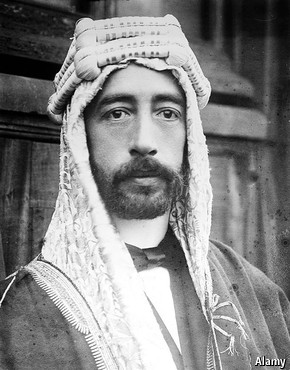montelatici
Gold Member
- Feb 5, 2014
- 18,686
- 2,104
- 280
- Thread starter
- #321
"Coming back to the Bedouins, they are as ancient as the land itself and can trace their movement in the region over generations and even back to biblical times, as they are often referenced in, or even central to, narratives of biblical myth The indigenous Palestinians are an amalgamation of all the people, civilizations, tribes, and religious groups escaping the persecution of powers that left their imprint on the landscape. However, we must maintain that the original and most ancient inhabitants of Palestine are the Canaanites, while everyone else is a historical passer-by in the land. Today’s Palestinians are not pure Canaanites, for no one can assert a purity of lineage, but at the same time this does not mean that they have no critical and sustained presence on the land to claim the ownership of it. The Bedouins of the Negev are rightfully living on their land, and the Israeli state, through its apartheid laws and policies, can’t alter this fact. For anyone desiring “peace” in the region, the starting point is the setting aside of the biblical text and the theology of dispossession, and the recognition in word and deed of the Palestinians as indigenous people of the land. Then, and only then, can we have a discussion of what can be done to solve the specific context emerging from the theology of dispossession."
The Indigenous Palestinians | Harvard International Review
The Indigenous Palestinians | Harvard International Review







